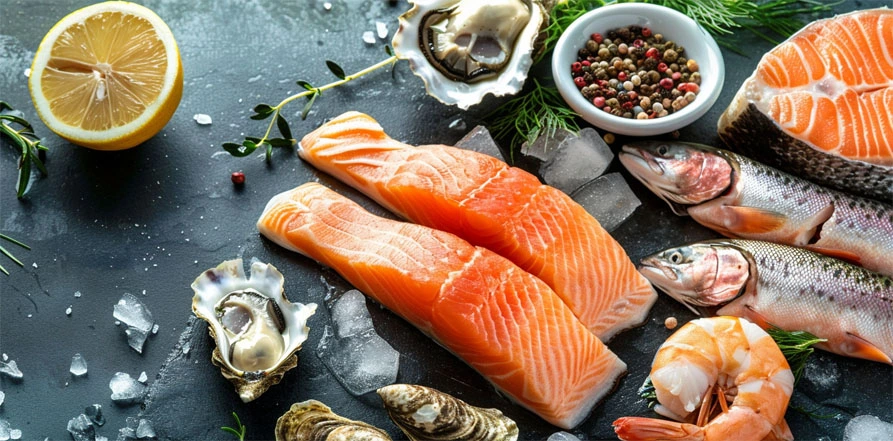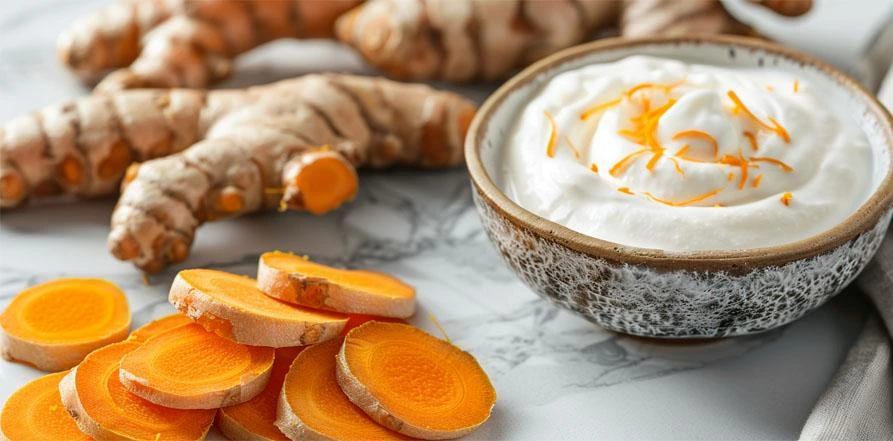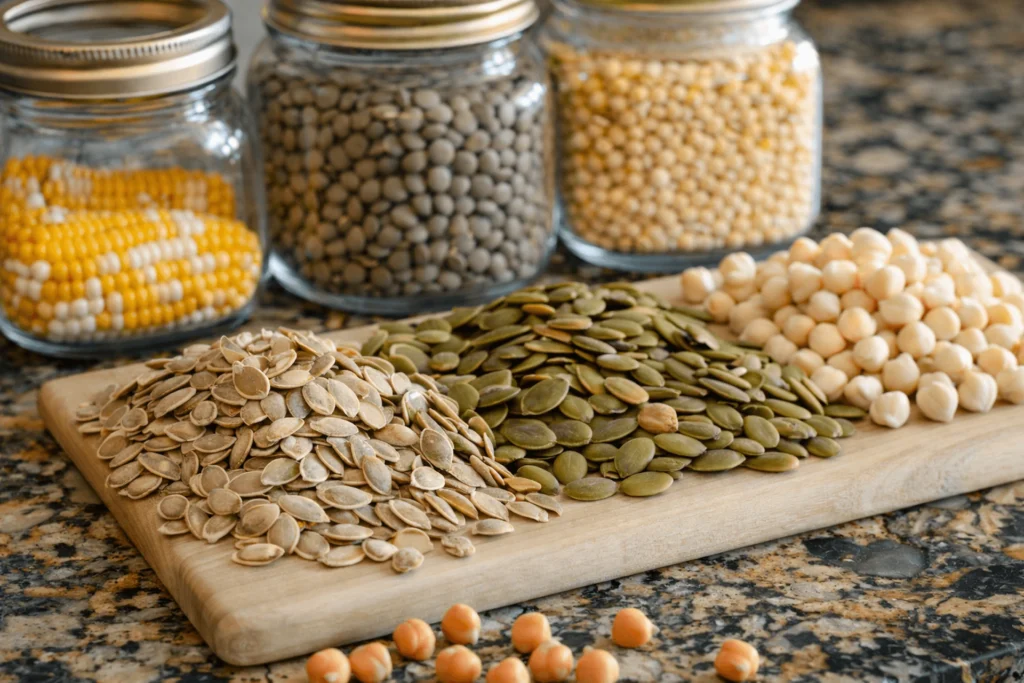
As a passionate home chef, I can’t imagine cooking without a full array of herbs and spices. And as an herbalist, I can’t imagine creating a health protocol without the use of herbs and spices. Fortunately, culinary and medicinal herbs are often one and the same. As Hippocrates said: “Let food be thy medicine and medicine be thy food.”
As an herbalist, nutritionist, jazz musician, and chef, I find that food preparation and cooking is similar to combining herbs for medicine or composing music. Home cooking is a creative endeavor, and the reward is a delicious and healthy meal that can be savored with family and friends.
I recently had the honor of writing the preface for the cookbook Spice for Life, authored by my longtime friend and colleague Ed Bauman. Ed has been a pioneer in bringing sensible and truthful light to the merits of food as medicine. In Spice for Life, he and his co-author Sheila Moorthy provide a wealth of information on the health benefits of spices accompanied by many delicious recipes.
In Spice for Life, the combination of wonderful recipes, in-depth information on health benefits, and beautiful photography will draw you into the kitchen and entice you to expand your culinary repertoire of spices.
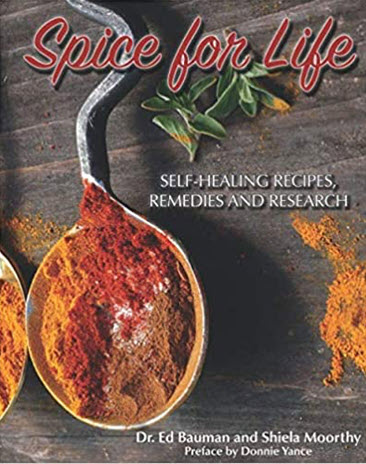
The Many Health Benefits of Culinary Herbs and Spices
Spices and culinary herbs have been used for centuries for both culinary and medicinal purposes. Herbs and spices not only enhance the flavor, aroma, and color of food and beverages, but they can also protect humans and animals from acute and chronic diseases.
Turmeric, basil, cardamom, cinnamon, ginger, oregano, rosemary and sage are delicious seasonings with powerful health benefits. These common culinary herbs are used daily and liberally in virtually all traditional cultures, where they are valued for their ability to bolster health at the molecular, cellular and organ system level. They assist us in numerous ways that have been scientifically validated, including epigenetic reprogramming, modulating inflammation, activating a wide range of detoxification pathways, scavenging free radicals, protecting organ systems, and enhancing genomic integrity.
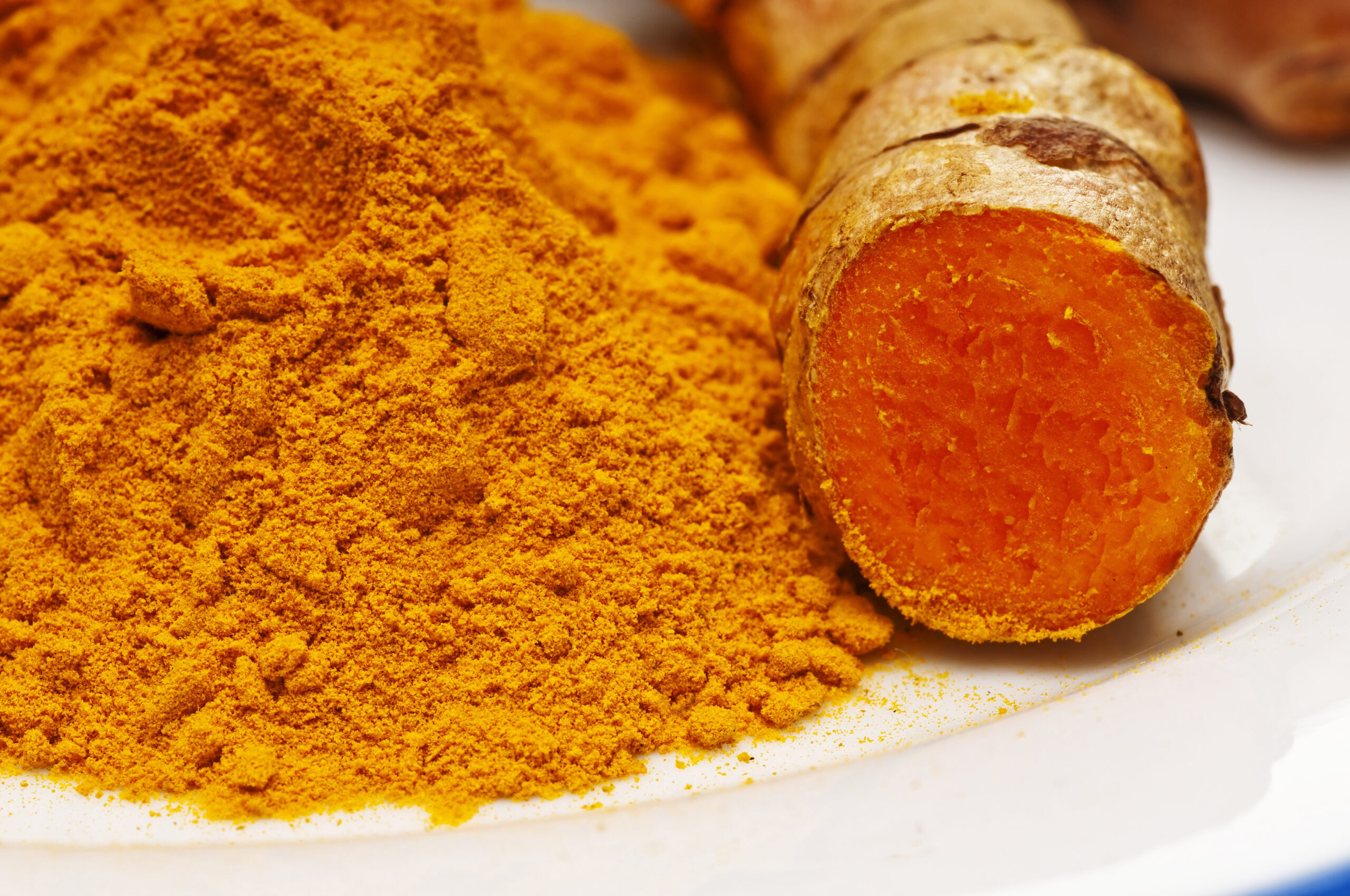
One of the reasons spices such turmeric and cumin were traditionally added to dishes was to reduce rancidity and oxidation, which prevented spoilage. When we consume these same herbs, they preserve our cellular health, protecting us from damage that leads to degenerative disease and premature aging.
Studying the medicinal value of common spices is like studying theology to me. There isn’t a finite end and the deeper we go in discovering and uncovering the almost endless health benefits they possess, the closer we get to seeing the face of the Master at work in a most humble way.
The Relationship of Plants and People
The notion that plants make substances that benefit human health has been known for millennia. Plants have evolved to make these compounds to protect themselves against environmental stresses such as UV light, lack of nutrients, disease, and predation. Many of these compounds offer benefits to us, as well.
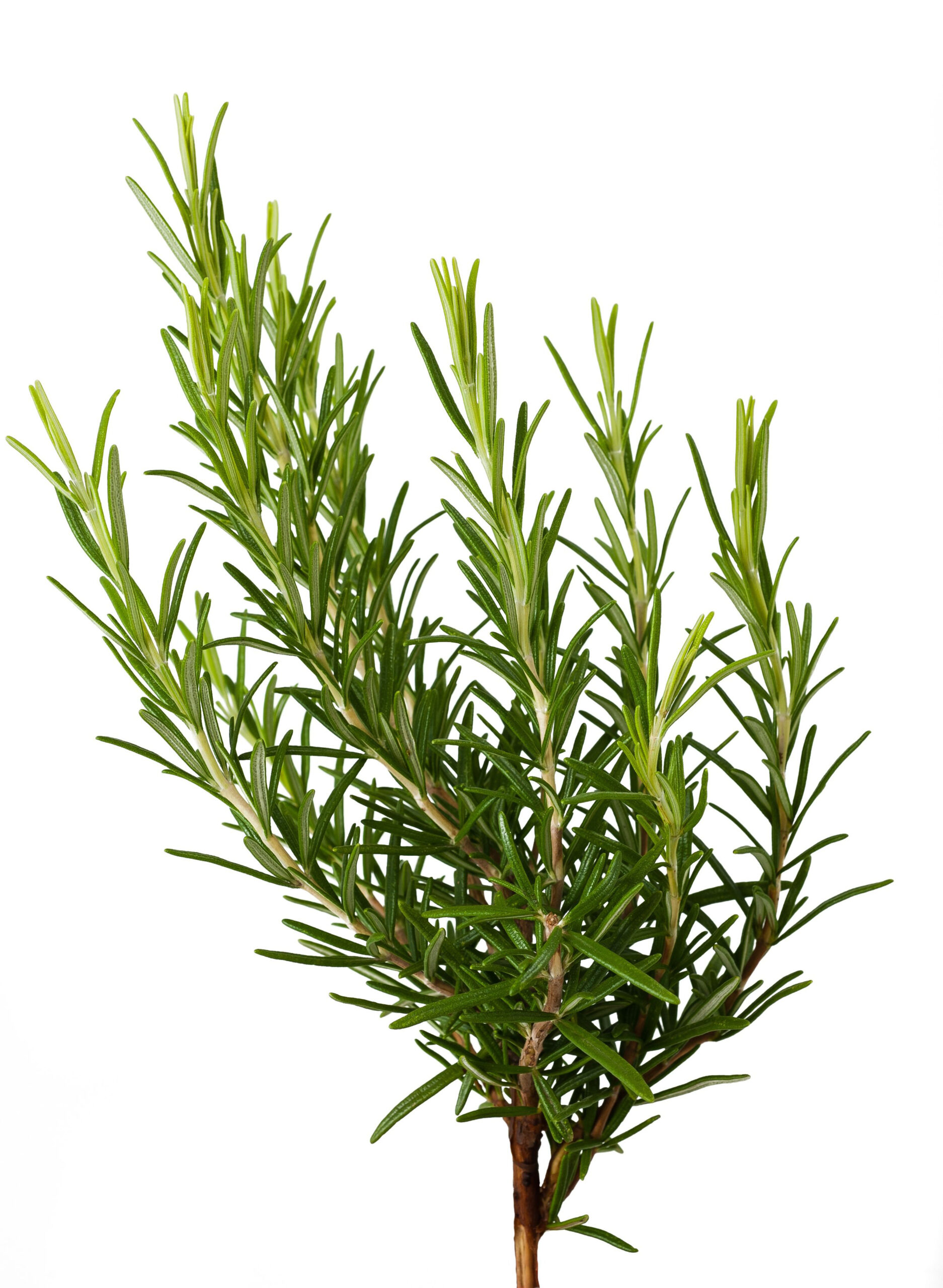
Various stress-induced plant compounds tend to upregulate pathways that provide stress resistance in humans and animals when consumed. People who consume plants develop mechanisms to become sensitive to chemical cues as they occur and respond and adapt to them in ways that are beneficial. In other words, the plant takes on the burden of mitigating toxic stress while we reap the benefit.
The term xenohormesis has been coined to characterize this phenomenon. It derives from xenos, the Greek word for stranger, and hormesis, the term for health benefits provided by mild biological stress, such as cellular damage or a lack of nutrition.
The majority of health benefits from consuming spices and culinary herbs are not simply from responses to mild cellular damage or from their antioxidant properties, but rather from the evolutionarily adaptive modulation of the enzymes and receptors of the stress-response. Stress-induced plant molecules such as curcumin from turmeric, gingerol from ginger, ursolic acid from basil, or carnosic acid and rosemeric acid from rosemary can induce defense responses that protect us from chronic diseases, such as cancer, heart disease and neurological diseases, and can even extend life.
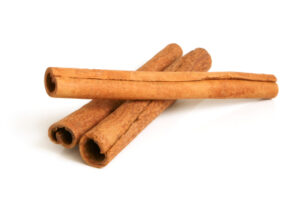
By bathing our cells daily with culinary herbs and spices, we increase all of the components of healing from within in a general, non-specific, and adaptive way that is gentle and nourishing. Research bears this out, and studies show that the frequent consumption of spices is linked to a lower risk of death from cancer and ischemic heart and respiratory system diseases.1
Herbs and Spices Influence Genetic Expression
The science of epigenetics is turning what we’ve long held true about biological destiny upside down. It remains true that our DNA—our genetic code—provides the blueprint for our physiological makeup. But there’s something extra controlling our genes, and that ‘something’ appears to be well within our control. Research indicates that culinary herbs, spices, and food may be the most important factor controlling our health, including how the blueprint of our genes is expressed.
I’m particularly intrigued by the ways that culinary herbs and spices exhibit epigenetic influence through protection and repair. There even seems to be an innate intelligence in plants that protects healthy cells while identifying irreparable cellular damage and inducing cell death of unhealthy cells through apoptosis. It seems paradoxical, but I believe it is possible because of the Life Force that sustains and governs all forms of life.
In watching trendy diets come and go, I have remained committed to a whole food, balanced approach to diet. I believe in the importance of what tradition and culture teaches, as well as what we continue to learn through modern science. Many metabolic disorders and age-related degenerative disorders are closely associated with oxidative and inflammatory processes, and the use of culinary herbs and spices offers a sensible, easy and tasty way to combat disease.

References
1. Jiang TA. Health Benefits of Culinary Herbs and Spices. J AOAC Int. 2019;102(2):395–411. doi:10.5740/jaoacint.18-0418)




